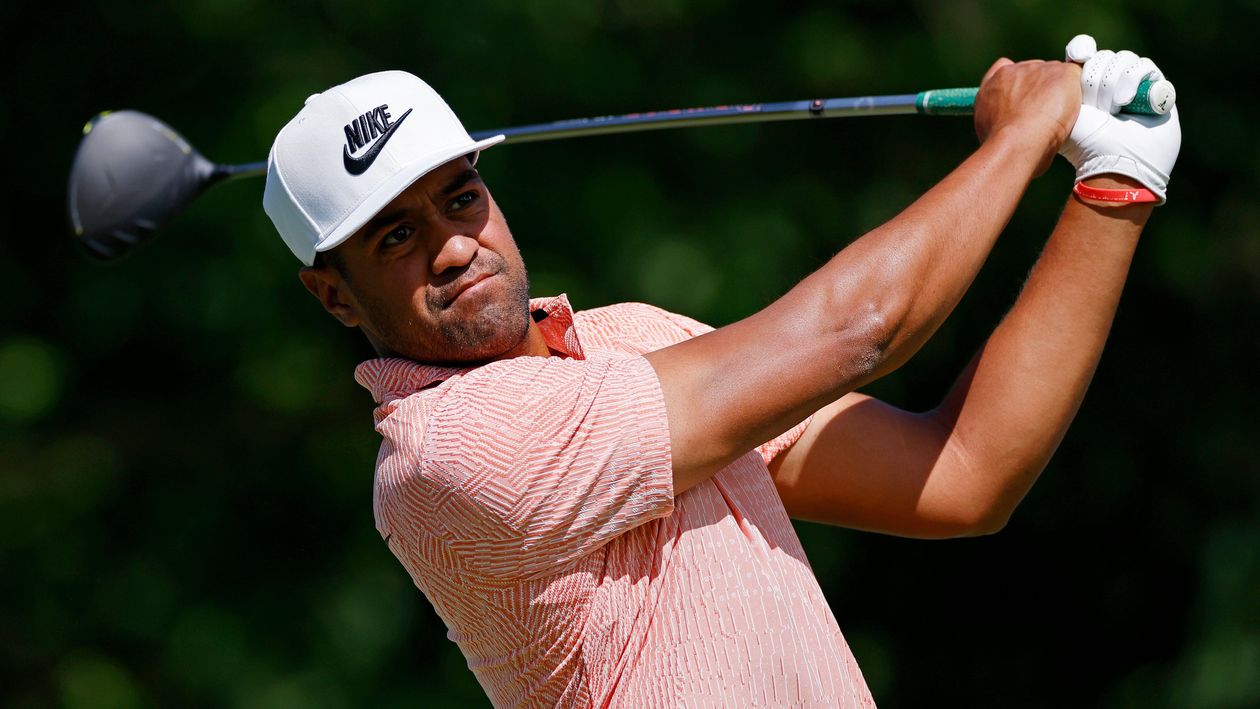Introduction to the Queen Anne Gambit
Call it the Queen Anne Gambit. Kalshi, Robinhood, and others have been hit with five new lawsuits in five different state courts over allegations that their sports event contracts are in fact illegal sports betting products disguised as financial products. The nearly identical lawsuits each cite versions of the Statute of Anne, a centuries-old provision that voids certain gambling debts and allows third parties to sue for damages if the original bettor fails to act within six months.
The Lawsuits
The five suits were all filed last week, in state courts in Kentucky, Illinois, Massachusetts, Ohio, and South Carolina. The plaintiffs are all newly formed limited liability companies with uniform names—Kentucky Gambling Recovery LLC, Illinois Gambling Recovery LLC, and so on. Each LLC was incorporated in Delaware on March 18. No additional information about them was immediately available.
Damages and Demands
All of the suits are seeking damages in the amount of total losses incurred by users, and they want that figure to be dated up to the day a final judgment is made. Three of the suits (Kentucky, Illinois, Massachusetts) want those damages tripled. One (South Carolina) wants the damages quadrupled. The suit in Ohio simply seeks damages in the amount of total losses.
Background on the Sports Prediction Space
Drama over the sports “prediction” space is nothing new. Kalshi, Robinhood, and others have been battling in court and with state regulators since a high-profile Kalshi victory in the D.C. Circuit last year over the legality of its offerings, allowing users to trade on the outcome of political events like the U.S. presidential election. In the aftermath of that case, Kalshi launched sports event contract offerings in January, and Robinhood and Kalshi entered into a high-profile partnership. Since the debut of the sports offerings, more than $1.6 billion has been traded across 5.2 million trades, according to Kalshi.
Regulatory Issues
To date, at least seven states have issued cease-and-desist orders to Kalshi and others (including Robinhood and Crypto.com)—Nevada, New Jersey, Illinois, Maryland, Ohio, Montana, and Arizona. Kalshi has been aggressive in its response, filing federal lawsuits against regulators in Nevada, New Jersey, and Maryland. It has scored significant early victories in the Nevada and New Jersey suits, although those cases remain ongoing.
The Controversy Over Sports Event Contracts
These sports event contracts are controversial because they appear so similar to sports betting, and detractors assert the providers are skirting federal law by enabling what they claim is sports betting in all 50 states. Kalshi has argued there is a key distinction: Traditional wagers see users betting against “the house”—casinos or sportsbooks that set the odds and profit when bettors lose—while sports prediction markets offer nationwide marketplaces where users trade against one another.
The Statute of Anne
The new suits all cite versions of the Statute of Anne, a British law passed under Queen Anne in 1710. Many modern U.S. states have adapted that statute into their own laws. The lawsuits each state that, “lured by the potential riches of an untapped market, a group of companies has taken to offering illegal, unregulated gambling products” to residents. “While masquerading as novel securities offerings, these event contracts are in truth nothing more than illegal, unregulated wagers on the occurrence (or non-occurrence) of specific future events,” the suits say.
Response from Kalshi and Robinhood
In court, Kalshi has contended that its sports event contracts are legal because they fall under the “exclusive” jurisdiction of the Commodity Futures Trading Commission (CFTC), a federal regulator that oversees commodities like grains and oil, but also sports when considered in a trading context. A Robinhood spokesperson issued a statement saying its event contracts “are regulated by the CFTC and offered through Robinhood Derivatives, LLC, a CFTC-registered entity, allowing retail customers to access prediction markets in a safe, compliant, and regulated manner.”
Implications and Conclusion
The legal battle comes amid a backdrop of rising interest in the sports prediction space. The interest makes sense; places like Kalshi operate in all 50 states, while sports betting is legal in only 39. As the lawsuits against Kalshi, Robinhood, and others continue to unfold, it remains to be seen how the courts will rule on the legality of sports event contracts. One thing is certain, however: the outcome of these cases will have significant implications for the future of sports betting and prediction markets in the United States.



